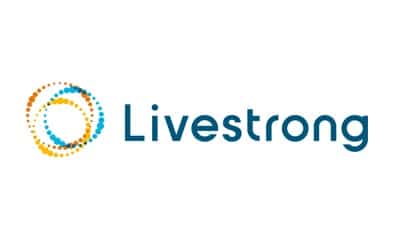Sharing Love and Support at a glance
The ancient gift of being together and caring for each other in community is called “social support” in the healthcare world. The National Cancer Institute’s Dictionary of Cancer Terms defines social support as “a network of family, friends, neighbors, and community members that is available in times of need to give psychological, physical, and financial help.”
Medical groups and many integrative oncology experts recognize the value of social support for people with cancer.
Evidence affirms the medical benefits of social support, including better survival, better body terrainthe internal conditions of your body, including nutritional status, fitness, blood sugar balance, hormone balance, inflammation and more, lower risk of cancer, less severe side effects of treatment, and better quality of life.
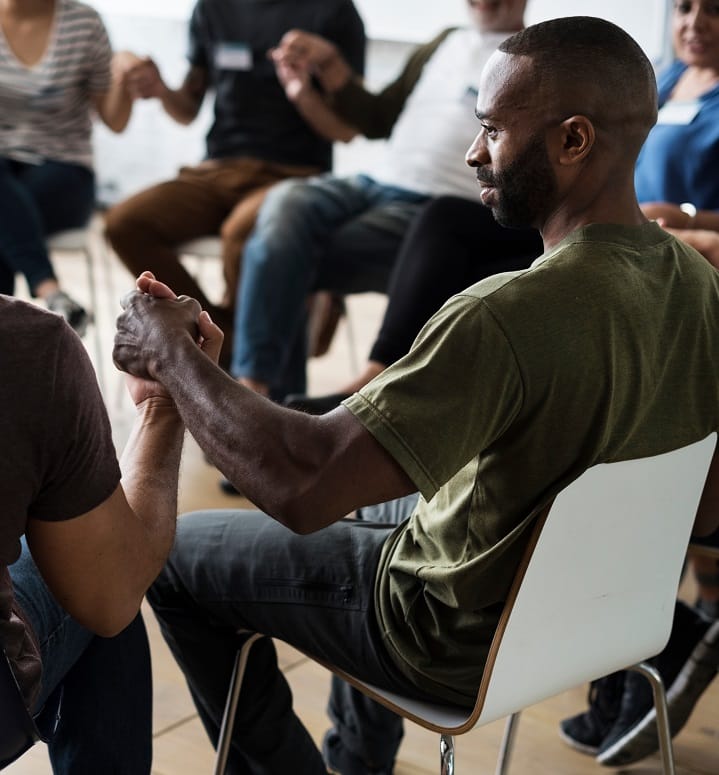
Tips and suggestions for developing your support circle include drawing from the strengths of different people and recognizing their limitations. Some people are at higher risk of isolation due to cultural or communication barriers. Social supports may need to adjust to give access to all.
Finding support
Many online and virtual social support programs are available for people with cancer.
Support groups
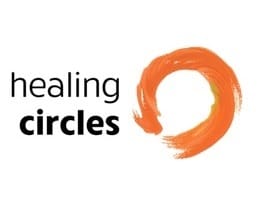
Support circles for people with cancer, caregivers, and others facing difficult situations
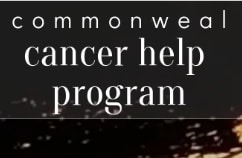
In person (Cancer Help Program) and virtual (Sanctuary) retreats for people with cancer
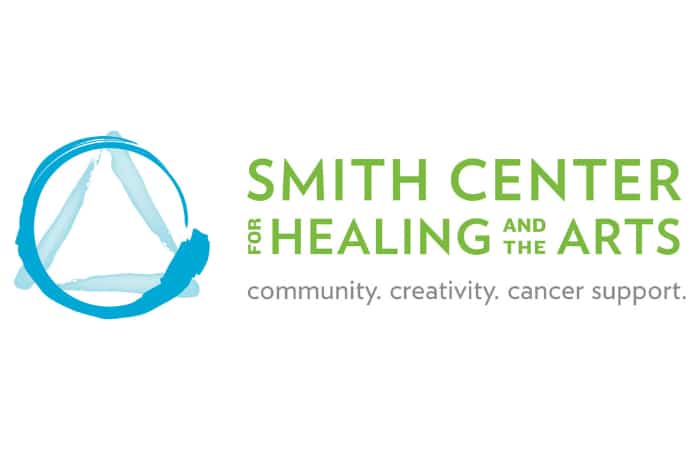
Free virtual support groups, healing circles, and other programs with group interaction as well as virtual retreats for people living with cancer
Online discussion forums
Large, active online peer discussion boards based on types of cancer and key topics
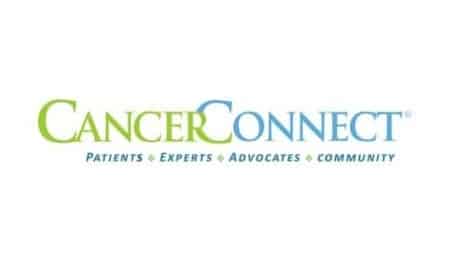
Current cancer treatment news and educational content, plus more than 60 moderated social communities for people with cancer and caregivers, used by leading cancer centers
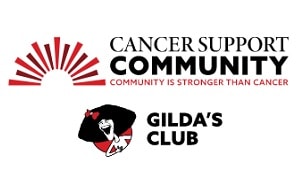
Connect with others through moderated discussion boards, find resources on living with cancer, communicate with family and friends through a private website or blog, utilize the calendar to track appointments, and post requests for help from family and friends
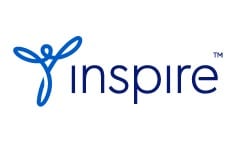
A platform used by over 200 organizations, including over 35 different cancer organizations such as the Lung Cancer Association, Susan G. Komen for the Cure, Fight Colorectal Cancer and the Kidney Cancer Association
Find the support you need from a community of people like you ›
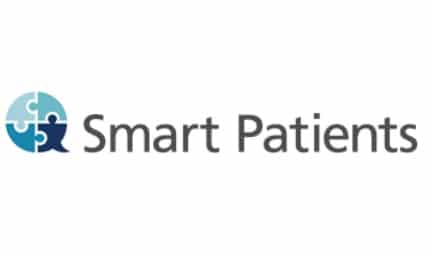
Robust, active peer-to-peer discussion groups in clean format, featuring patient stories of hope, not limited to cancer
For young adults
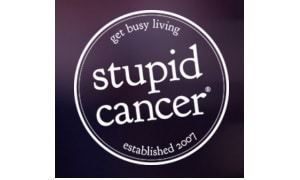
Welcome to the club you didn’t ask to join.
We emphasize that Sharing Love and Support by itself will not prevent, cure, or control cancer. Like every other therapy or practice included on this website, Sharing Love and Support is one component of an individualized integrative plan rather than a stand-alone therapy.
Words of guidance
Read some words of inspiration and guidance from Michael Lerner, CancerChoices co-founder and author of Choices in Healing.

